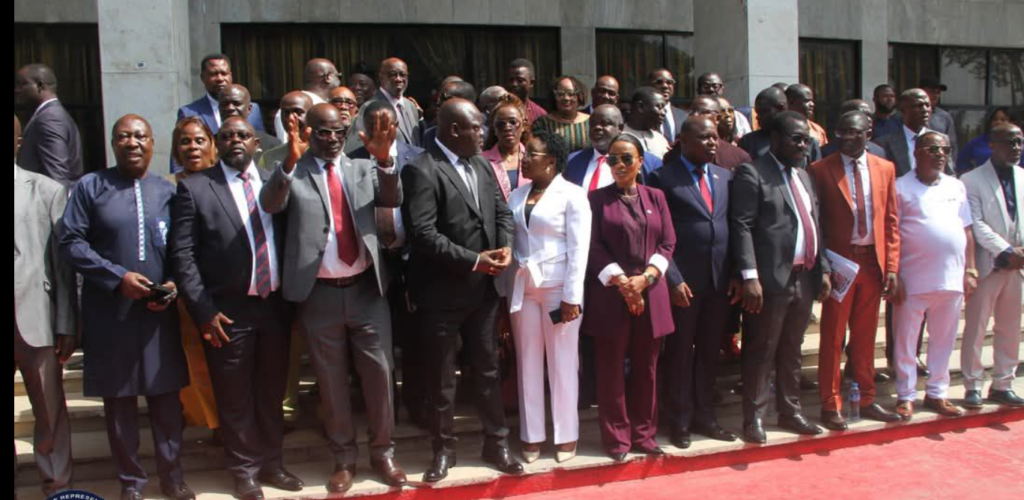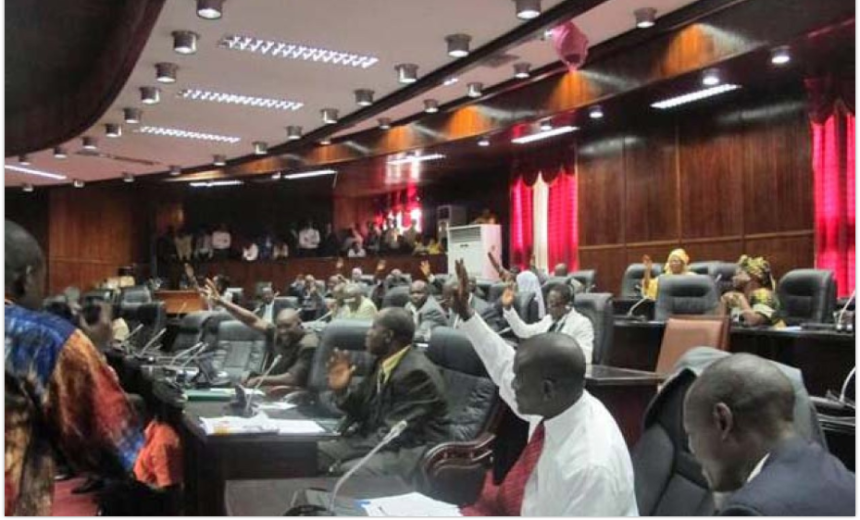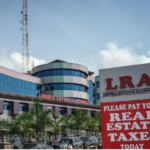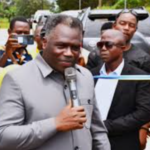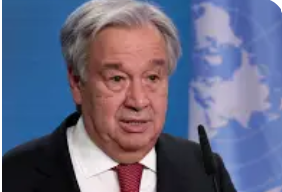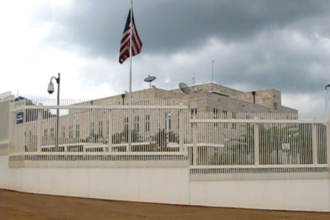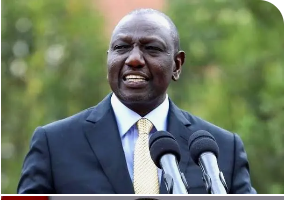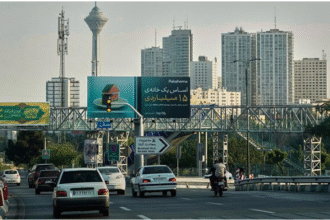By Emmanuel Sikena
Monrovia, Liberia – As Liberia continues to grapple with widespread unemployment and economic hardship, a debilitating power struggle within the Legislature is threatening to plunge the nation into a full-blown constitutional crisis. The ongoing dispute centers around the attempted removal of House Speaker J. Fonati Koffa and has exposed deep partisan divisions, prompting concerns about the rule of law and the future of Liberia’s fragile democracy.
The conflict erupted when a majority faction within the House, referred to as the “Bloc,” attempted to oust Speaker Koffa. However, the Supreme Court intervened, ruling that the Speaker could not be removed while present and actively fulfilling his duties. The court declared the Bloc’s proceedings “illegitimate,” effectively nullifying their efforts.
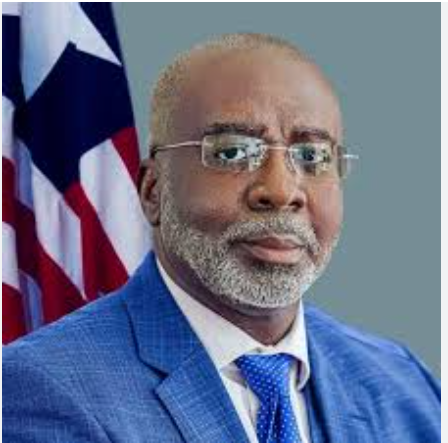
Despite the Supreme Court’s ruling, Rep. Richard Koon, leading the Bloc has vehemently rejected the decision, accusing the court of overstepping its authority and violating legislative independence. He has vowed to continue leading the House as though the ruling never occurred.
“No opinion or judgment of the Supreme Court can or will expunge or erase this Resolution,” Gray stated, referring to the disputed document that declared Koffa’s removal. “Plenary shall continue… without any deference or regard to the Supreme Court’s opinion and judgment.”
This defiance has ignited fears of a constitutional crisis. Some members of the Bloc, including Bong County Rep. James Kolleh, have even floated the idea of impeaching Supreme Court justices, further escalated the tension and deepened the divide.
The political turmoil comes at a particularly vulnerable time for Liberia. While the majority of the population struggles with poverty and lack of opportunity, lawmakers are often perceived as benefiting disproportionately. Lawmakers in Liberia are amongst the highest paid government officials and some highest receiving group in terms of benefits and financial allowance, all at the expense of the country poor.
This perception fuels public discontent and contributes to a sense of disconnect between the governed and those who govern. Laws and policies are often seen as favoring and protecting the lawmakers themselves, rather than addressing the needs of the broader population.
As the legislative standoff continues, calls for a return to the rule of law and respect for constitutional order are growing louder. Many Liberians are urging their elected officials to prioritize the nation’s interests over partisan ambitions and to find a resolution that restores stability and allows the government to focus on addressing the pressing economic and social challenges facing the country.
The coming days are crucial in determining whether Liberia’s legislative branch can overcome its internal divisions or whether the pursuit of power will further undermine the foundations of its democracy. The international community is also watching closely, concerned about the potential for instability in a region already grappling with numerous challenges.
Meanwhile, while many agree with ‘following the rule of law issue,’ public pressure is mounting on the Speaker of the House J. Fonati Koffa to step down from his position, with many drawing parallels to the past removals of Speakers Edwin Snow and Alex Tyler. The central argument hinges on the premise that if a majority of lawmakers oppose a speaker, their removal is inevitable and justified, as demonstrated by the previous instances.
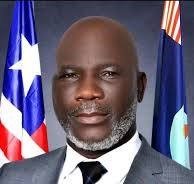
The calls for Koffa’s resignation have intensified amid growing political tensions and allegations. Critics argue that Speaker Koffa is clinging to power despite seemingly losing the confidence of a significant portion of his colleagues. They point to the past precedents of Snow and Tyler, both of whom were ousted when faced with overwhelming opposition from within the House.
“If Snow and Tyler could be removed for losing the support of their colleagues, why is Koffa digging in his heels?” questioned a protester outside the Capitol Building yesterday. “The will of the majority should prevail!”
However, the “Koffa bloc,” as his supporters are being dubbed, maintains that the situation is not so straightforward. They vehemently argue that the rule of law must be strictly adhered to, and that any attempt to remove Speaker Koffa must be done in accordance with established procedural guidelines and constitutional requirements.
“We understand the concerns being raised, but we cannot simply disregard the law because of past events,” a close aide to Speaker Koffa stated anonymously. “The removal process is clearly defined, and we must follow it to ensure a stable and functioning government. Simply because a precedent exists doesn’t mean it supersedes the constitution.”
The debate highlights a fundamental tension within Liberian politics: the balance between adhering to established legal procedures and responding to perceived shifts in popular or political will. While those calling for Koffa’s removal emphasize the need to respect the majority’s opinion and the precedent set by the ousters of Snow and Tyler, his supporters insist on upholding the legal framework, regardless of public sentiment.
The coming weeks are likely to be crucial as the political drama unfolds. Whether Speaker Koffa can weather the storm and maintain his position, or if the calls for his resignation gain further momentum, remains to be seen. The outcome will undoubtedly have significant implications for the stability and direction of Liberian politics.
The current situation underscores the need for clarity and consistency in the interpretation and application of the laws governing the removal of key parliamentary figures, a point that many observers believe will need to be addressed in future legislative reforms.
